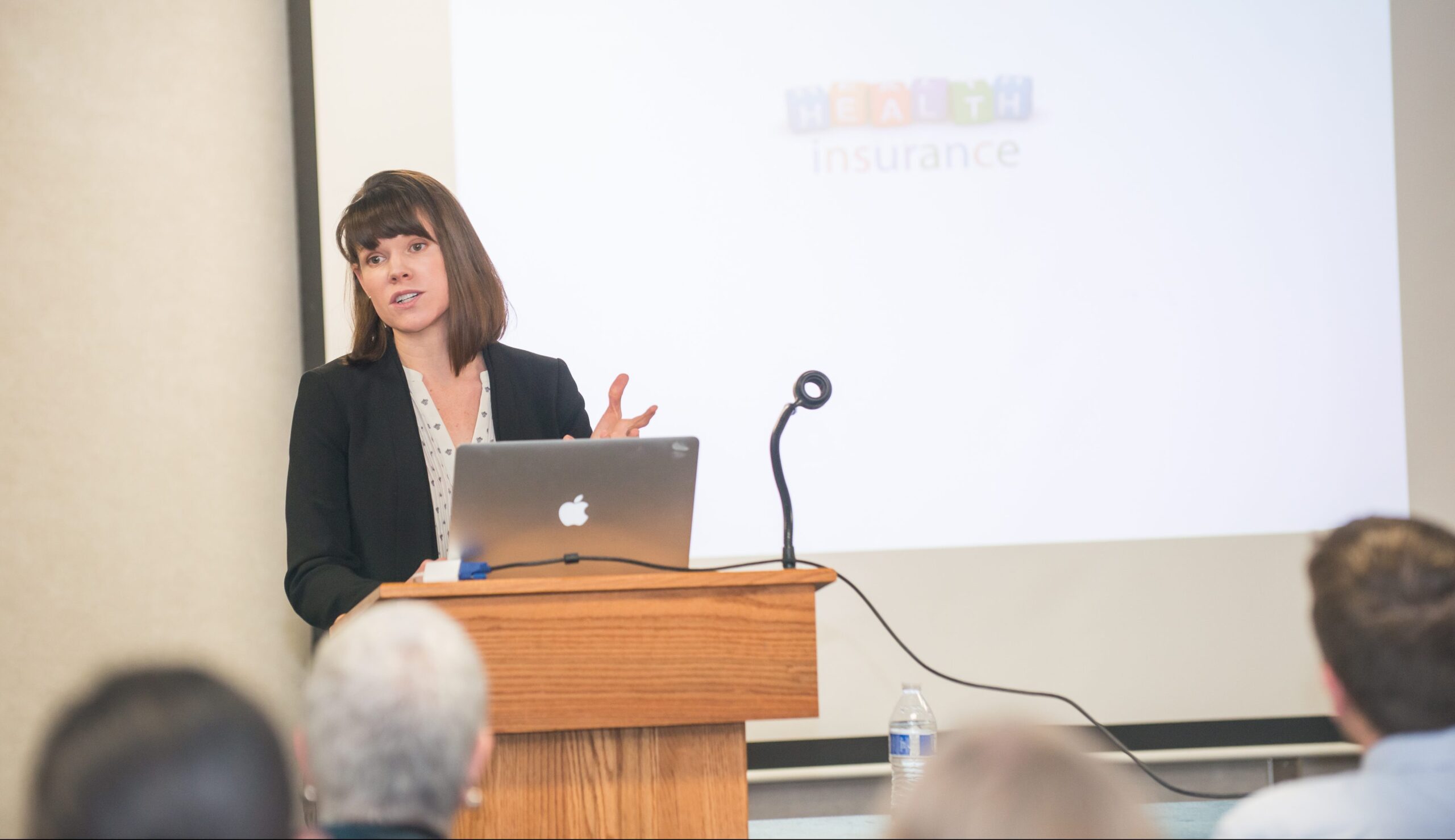When Christy Ford Chapin, associate professor of history, began teaching at UMBC in 2012, she started by connecting curious students with the history of the American health care system. Her first book, Ensuring America’s Health, was an in-depth history of the country’s health care and health insurance system. This fall, as the recipient of a prestigious Kluge Fellowship, Chapin is immersed in the banking and finance collections at the U.S. Library of Congress, rather than in conversation with her students. While the archives are not quite as action-packed as the classroom, her enthusiasm for digging into the nitty gritty of U.S. history remains contagious.
Chapin loves how historians seek answers buried in documents, archives, museums, libraries, basements, attics and forgotten filing cabinets. “We have to be like private investigators. I have to beg, borrow, and plead to get documents,” says Chapin. “I was really intimidated by the research aspect early on in my graduate career, but then I fell in love with the hunt for primary sources and the process of putting together pieces of the evidence puzzle.”
Through her current Kluge Fellowship, as well as an inaugural fellowship last spring at the Ed Snider Center for the History of Capitalism at the University of Maryland, Chapin examines how the United States shifted from an industrial manufacturing economy to a financial economy for a new book on post-WWII finance. She’s energized by seeing several of her history colleagues pursue other high impact research areas through fellowships around the globe in what has been a particularly exciting year of achievement for the department’s faculty.
While in Beijing researching her first book in 2011, Meredith Oyen, associate professor, came across documents that discussed cooperation between the People’s Republic of China and the UN-affiliated International Refugee Organization well into the 1950s, when the PRC was not recognized by the UN. They dealt in part with the resettlement of Jewish and European refugees in China after WWII.
The documents reflected a great mystery. I asked myself, ‘Why did this organization stay in China all these years?’ I had to search other archives to start to figure it out.” Oyen was determined to learn more and followed the paperwork trail to Shanghai, Taipei, London, and Washington D.C. where she held a U.S. Holocaust Memorial Museum Fellowship in 2016-17 that helped her find even more clues.
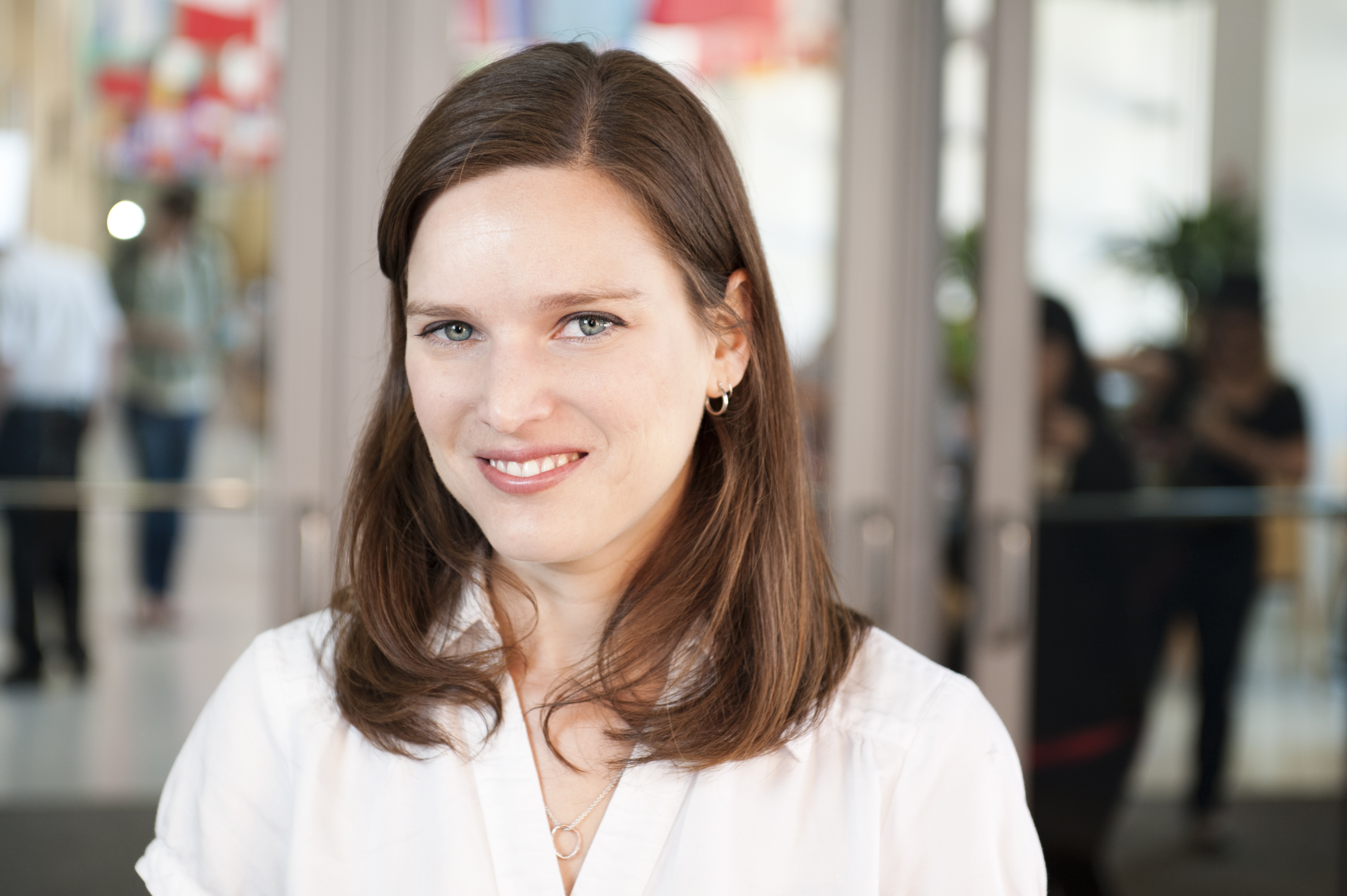
At the same time, Marjoleine Kars, associate professor and chair, and Kate Brown, professor, pursued Braudel Senior Fellowships at the European University Institute in Florence, Italy. There, Kars worked on her book about one of the largest rebellions of enslaved people in Atlantic history, which occurred in 1763 in the South American Dutch colony of Berbice. Brown continued to expand her research on the lasting health and environmental impacts of the Chernobyl nuclear disaster in new directions.
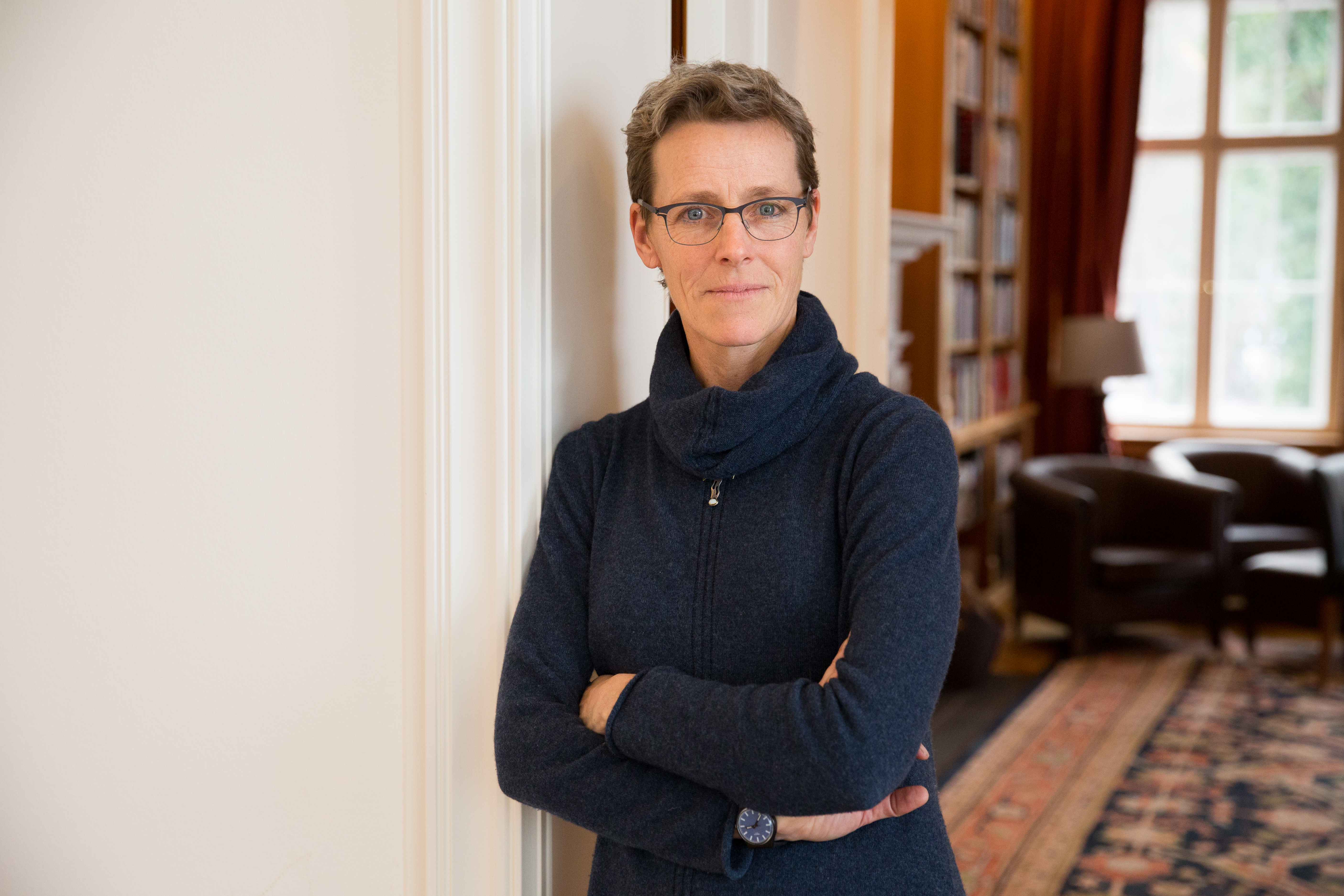
Brown also received a highly prestigious Andrew Carnegie Fellowship to study the health effect of Chernobyl and a Berlin Prize from the American Academy in Berlin.
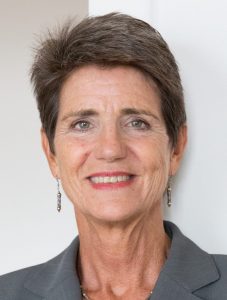
Prior to Brown receiving the Berlin Prize, Professor Rebecca Boehling received the prestigious award in fall 2016 for her work on denazification in post-WWII Germany, comparing the approaches of the United States, Great Britain, and France.
Kars shares how these types of intensive research and international exchange opportunities have far-reaching benefits for the individual faculty members who experience them. “Faculty come back from research leave with new ideas about teaching, research projects, new directions for their own work, and they bring that energy into the classroom,” she says. “Our students benefit from reenergized faculty who are on the cutting edge of their profession and are able to connect them with research monies, fellowships, and graduate school mentors.”
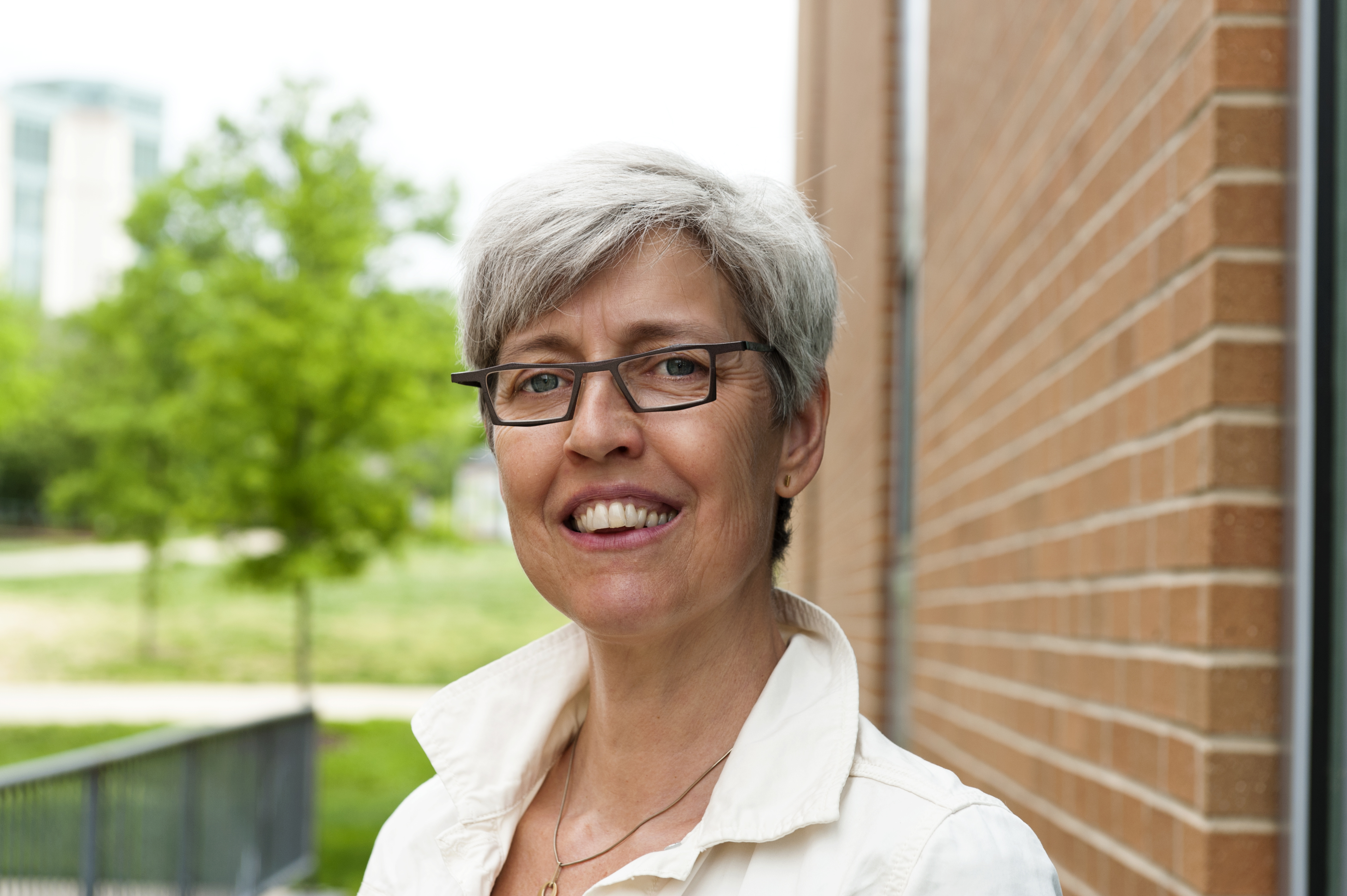
In order to reach this level of success, Kars notes, history faculty have also depended on support from each other—in terms of sharing feedback, resources, and responsibilities—and from the broader university. She particularly credits a multi-tiered support system of seed funding—in the form of summer fellowships and research money from the College of Arts, Humanities, and Social Sciences, The Maryland Institute for Policy Analysis and Research, and The Dresher Center for the Humanities—as well as the help of Rachel Brubaker, associate director of The Dresher Center, with writing and submitting grant applications.
“This kind of support has been invaluable to our faculty as they work to hone their research and explore new opportunities for growth,” says Kars. “When I think about what has made the difference in our successfully competing for such major national and international fellowships, one core aspect of UMBC comes to mind: our collaborative community of scholars. This is what makes it possible for us to explore unique research opportunities around the world, and what draws us back to UMBC each time, to share what we’ve learned.”
Banner image: Christy Ford Chapin presents at Hilltop First Talk. Photo Marlayna Demond ’11 for UMBC.
Tags: CAHSS, DresherCenter, History, Innovation, majoraward, MIPAR, ROI

